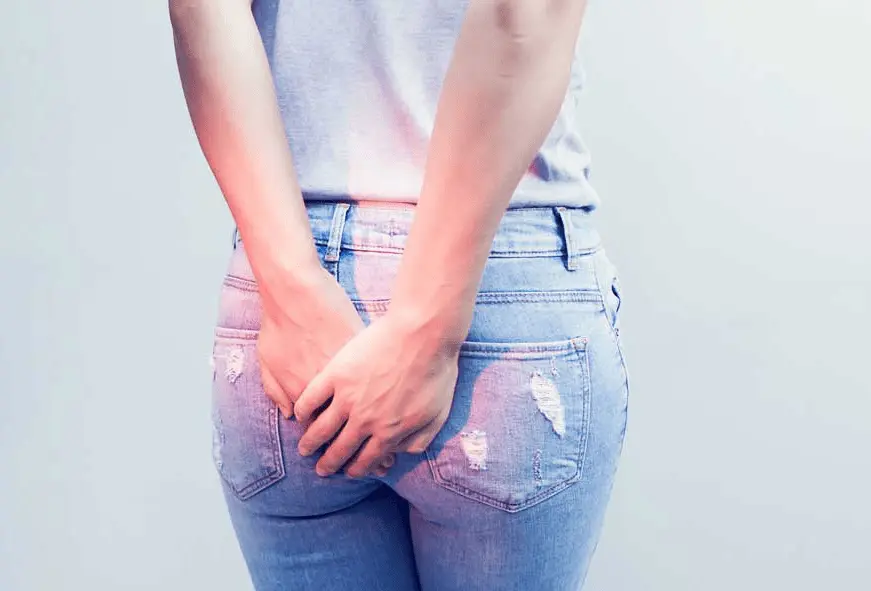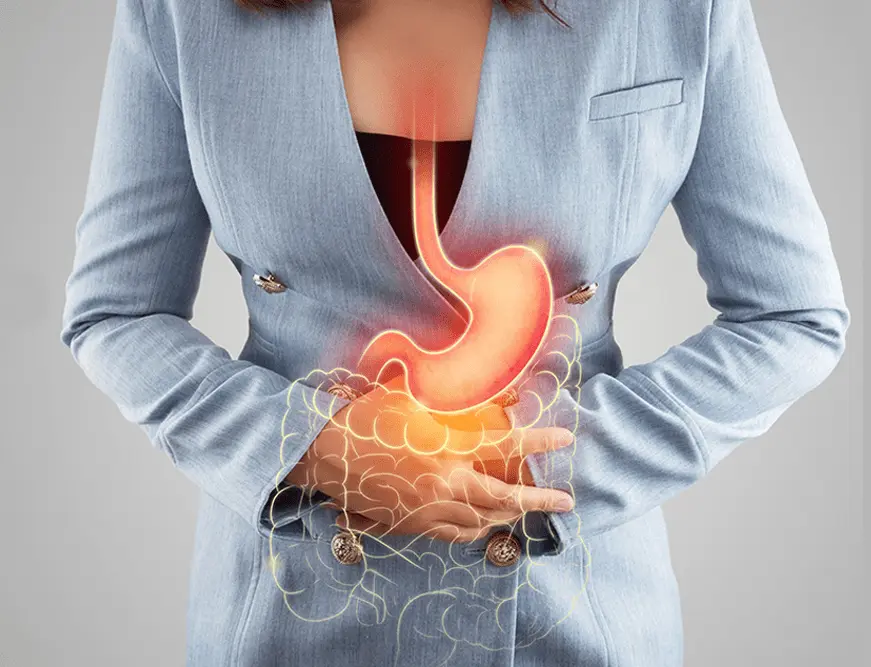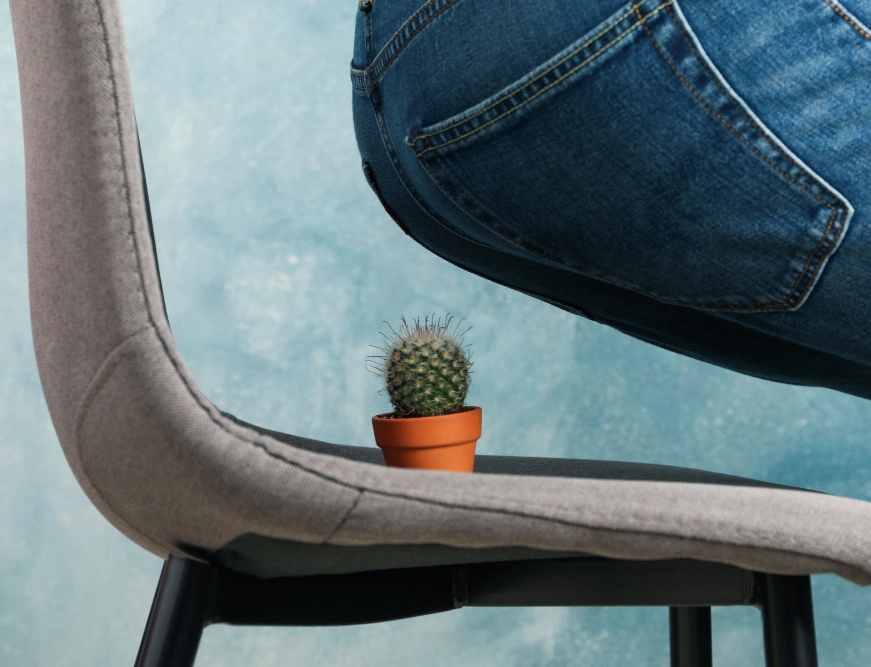Here are top 5 tips which you can follow to have a successful laparoscopy recovery
- Utilize the over counter cure
Amid laparoscopic surgery, your specialist will fill your stomach pit with gas keeping in mind the end goal to lift the stomach dividers far from the pit to show signs of improvement perspective. After the surgery the gas remains, and this can bring about exceptional shoulder or back torments. The medicine will help you a lot.
- Keep your eating routine light for the initial few days:
- Keep your heating pad close:
A heating pad is each endometriosis patients’ closest companion, including after surgery. The physical anxiety of the operation consolidated with the weight on my different muscles attempting to adjust for my hurt mid-region, would bring about my back to hurt. The heating pad can assist hugely with these a throbbing painfulness furthermore can diminish your swollen mid-region.
Whether it is working out, vacuuming, or lifting, make a point not to try too hard and get your specialist’s endorsement first. Your body is utilizing the vast majority of its assets to mend, so doing anything excessively exhausting on top of that can set your recuperation back, or far more terrible, cause interior sutures to blast. Resting for so long can debilitate. Try not to be discouraged, you will have returned to your ordinary life in the blink of an eye.
- Try not to Be Afraid to Call Your Doctor:
On the off chance that you feel in your gut that something isn’t right with you, call the specialist, regardless of the fact that it is midnight. Positively if you encounter fever, queasiness, heaving, chills, trouble urinating, compelling agony in your legs or stomach area or trouble breathing, call instantly.
This surgery is physically depleting. The uplifting news is that extraction surgery helps such a large number of ladies feel so much better. They feel as if they recover their lives.




